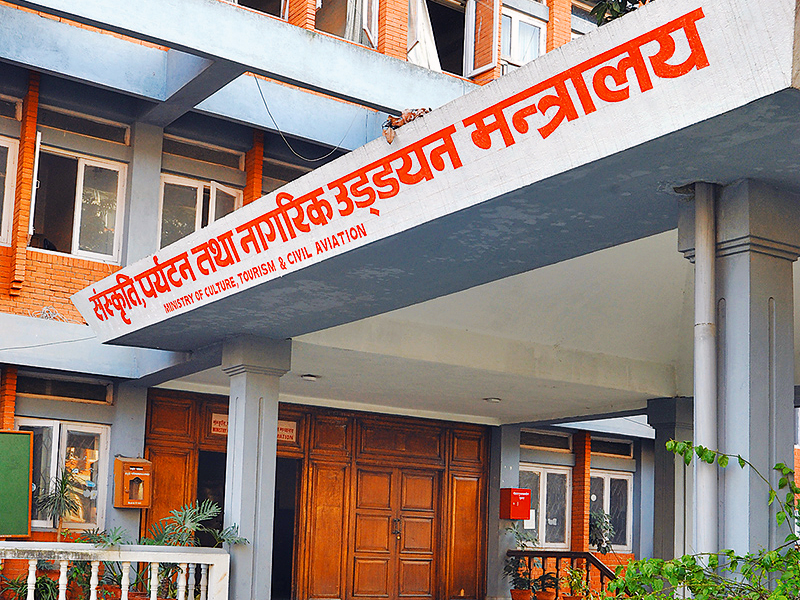

KATHMANDU: The Ministry of Culture, Tourism and Civil Aviation has unveiled the draft of the Aviation Policy 2025, Nepal’s first major aviation regulatory update in 19 years.
The policy aims to address the rapid changes and challenges faced by the aviation sector since the 2006 framework.
To enhance safety, the draft sets strict limits on aircraft age: no import of pressurized aircraft older than 15 years or exceeding half their economic design life, and non-pressurized aircraft imports banned if over 20 years old.
This move seeks to improve safety by removing outdated and potentially risky planes from Nepal’s skies.
The draft targets underperforming airports like Gautam Buddha International Airport in Bhairahawa and Pokhara International Airport. Despite heavy investments, these facilities remain underused.
The policy encourages international collaboration to manage and promote these airports for better utilization and growth.
Currently, Nepal Airlines Corporation holds exclusive rights over ground handling at Tribhuvan International Airport. The draft policy proposes opening ground handling services to competition, aiming to increase efficiency and improve service quality.
A significant shift permits Nepali entrepreneurs to operate private jets for personal use, although commercial operations with such jets remain prohibited. This move is intended to expand private aviation access while keeping commercial flights regulated.
The policy clearly limits foreign ownership: no 100% foreign ownership allowed. International airlines and flying schools may have up to 90% foreign investment; domestic airlines capped at 49%.
Aircraft maintenance, manufacturing, and design sectors can allow up to 95% foreign investment, while other aviation services can have up to 80%.
Before finalizing, the ministry invites feedback from the public and aviation stakeholders.